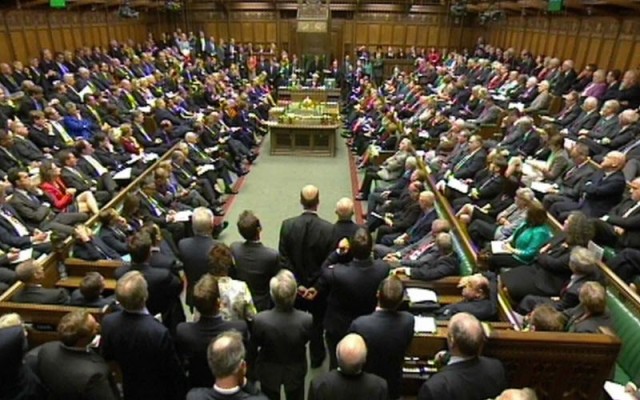the London money market lost shares in the derivative and equity trading market, after intense competition from Amsterdam in Europe and the United States, more than a month after Brexit effectively From the European Union.
And IHS Markit pointed out in a study published Thursday that financial services had experienced Brexit relatively difficult as it was not taken into account in the trade agreement signed between the United Kingdom and the European Union. Just before Christmas
According to Arabiya Net, we quoted the study as saying that what makes the situation more difficult is the absence of equations between the British and European systems in light of the slight possibility of resolving the situation, while there are equations. Between the American and European systems.
The office continued in its study that this situation leads to the transfer of some of the previous trades on the British platforms to American and European platforms, especially in Amsterdam and to a lesser extent in Paris, even if This data is limited to the month of January and should be verified over time.
Also, a study conducted by the Financial Times on Wednesday concluded that Amsterdam has overtaken London as a center for stock trading, with the volume of exchanges in it reaching 9.2 billion euros per day on CB platforms OE, Turquoise and Euronext, four times more than in December.
On the other hand, the study continued that the volume of exchanges in London recorded a sharp decline to 8.6 billion euros (10.4 billion dollars), which takes away from the United Kingdom its historical position As the first European financial market.
and since the first day of trading after Brexit came into effect in January, nearly 6 billion euros ($ 7.3 billion) in swaps have moved to European markets.
Anish Boar, analyst at Rosenblatt Securities, commented on Twitter that this is an indication of the post-Brexit era, stressing that despite everything, apart from the symbolic impact, the burden remains minimal.
He explains that asset managers do not really care about this data as long as the liquidity of transactions is secured, but rather they are interested in knowing whether the UK will be able to compensate for market shares later on. Lost, and if the transactions will witness a fragmentation, it may lead to higher trading costs.
and the City of London could be one of the sectors losers as a result of Brexit, prompting his officials, as well as Bank of England Governor Andrew Bailey, to plead with their European counterparts to give British clients the keys to allow They enter the vast European market.










































